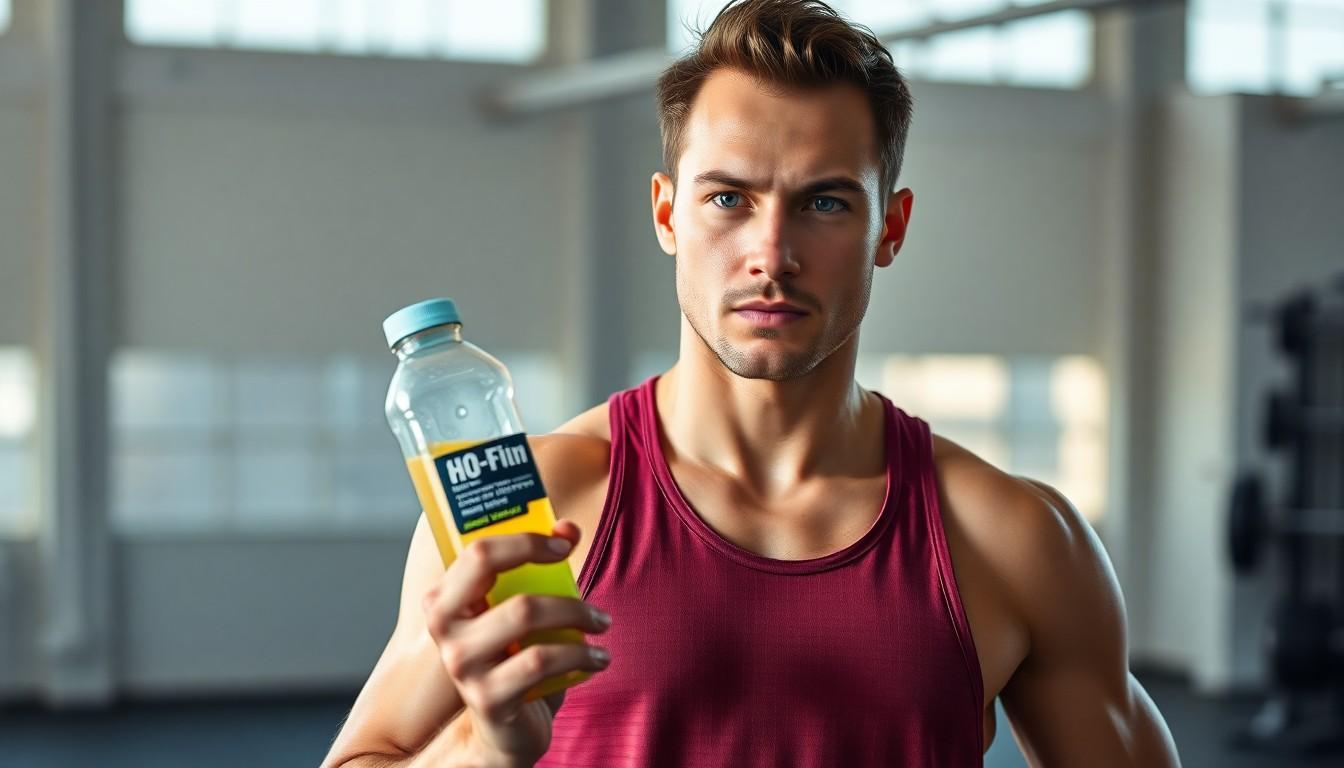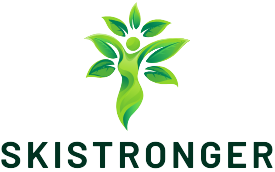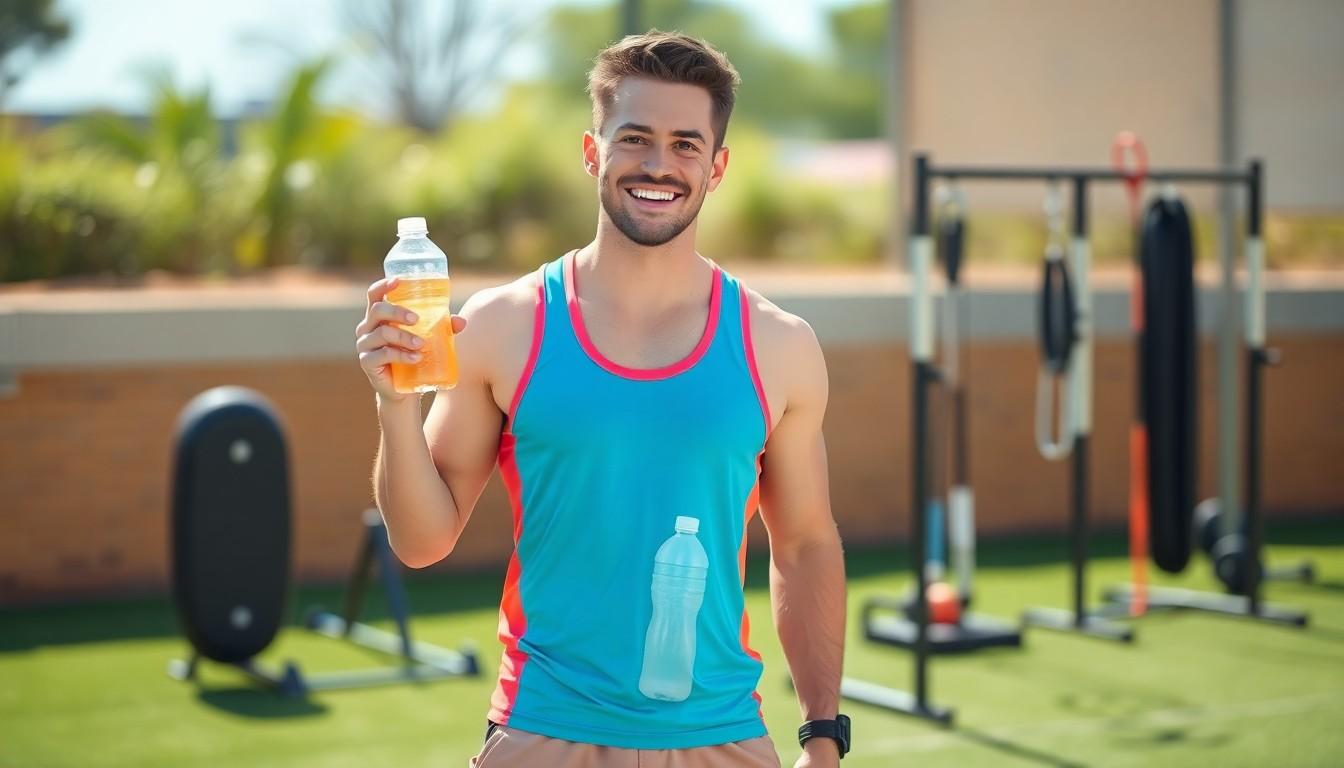Table of Contents
ToggleWhen it comes to workouts, hydration is the unsung hero. But should you sip on those colorful electrolyte drinks before you hit the gym or after you’ve conquered that last set? It’s a question that’s puzzled fitness enthusiasts since the dawn of sweatbands and neon leg warmers.
Overview of Electrolytes
Electrolytes are essential minerals that help maintain fluid balance in the body. These minerals include sodium, potassium, calcium, magnesium, chloride, bicarbonate, and phosphate. Maintaining electrolyte levels supports nerve function, muscle contractions, and hydration, which are critical during workouts.
During physical activity, the body loses electrolytes through sweat. This loss can lead to muscle cramps, fatigue, and reduced performance if not replenished. Replacing lost electrolytes helps sustain energy levels and enhances recovery.
Different types of electrolyte drinks offer various benefits. Sports drinks typically contain a mix of carbohydrates and electrolytes, promoting quick hydration and energy replenishment. Coconut water, another natural source, provides potassium and is lower in sugar. Additionally, electrolyte powders can be added to water, allowing for customizable intake.
Knowing when to consume electrolytes matters. Consuming them before exercise primes the body for performance, while replenishing after workouts aids recovery. The timing depends on individual sweat rates and workout intensity.
Active individuals should assess their specific needs. Factors like exercise duration, temperature, and personal sweat rates influence electrolyte requirements. Monitoring hydration status ensures optimal performance and recovery, making electrolyte consumption valuable for fitness enthusiasts.
Benefits of Electrolytes

Electrolytes play a vital role in maintaining wellness during workouts. These essential minerals support various bodily functions, significantly affecting hydration and performance.
Improved Hydration
Electrolytes aid in fluid retention, helping to prevent dehydration during and after exercise. Sodium, for instance, encourages water absorption in the body. Consuming electrolyte drinks can replenish lost minerals from sweat, thus promoting optimal hydration. Additionally, potassium supports cell function and fluid balance, assisting with overall hydration levels. Taking electrolytes before or during exercise ensures adequate hydration for maximum endurance. For optimal hydration, intake should align with exercise intensity, duration, and personal sweat rates.
Enhanced Performance
Electrolytes contribute to improved athletic performance. Sodium and potassium work together to support muscle function, reducing the risk of cramping during activities. Magnesium assists in energy production, allowing for longer, more effective workouts. Consuming electrolytes before exercise prepares the body for increased exertion, thus enhancing overall performance. After workouts, replenishing electrolytes aids recovery, promoting faster muscle repair and reducing fatigue. Assessing individual hydration needs enables athletes to optimize performance levels effectively.
Should You Drink Electrolytes Before a Workout?
Drinking electrolytes before a workout can significantly influence performance. These essential minerals play a key role in hydration and muscle function.
Timing Considerations
Timing matters when consuming electrolytes. Ideally, individuals should consume them 30 to 60 minutes before exercising. This allows for proper absorption and helps the body prepare for the physical demands ahead. Sweating begins as activity intensifies, making advance electrolyte intake crucial for maintaining fluid balance. Hydrating before exercise with electrolytes helps to ward off issues like muscle cramps and fatigue during workouts.
Recommended Amounts
Recommended amounts of electrolytes vary by activity level and environmental conditions. For most individuals, a drink containing 300 to 700 mg of sodium and 150 to 300 mg of potassium before a workout suffices. Those engaging in prolonged or intense exercise might need more. Tailoring electrolyte intake to workout duration, intensity, and personal sweat rates ensures optimal hydration. Adjusting the quantity based on individual needs can maximize benefits.
Should You Drink Electrolytes After a Workout?
Drinking electrolytes after a workout plays a crucial role in recovery. Proper hydration replenishes the body’s electrolyte levels that deplete during exercise, promoting faster recovery and reducing muscle soreness.
Recovery Benefits
Recovery benefits from electrolyte consumption are significant. Rehydration helps to restore essential minerals, promoting optimal muscle function. Enhanced muscle recovery aids in reducing cramping and fatigue. Electrolytes support energy production, vital for maintaining workout intensity in subsequent sessions. Individuals who engage in intense physical activity often experience a higher level of fatigue. Incorporating electrolytes after workouts can help combat this fatigue effectively.
Replenishing Lost Nutrients
Replenishing lost nutrients after exercising is essential. During workouts, significant amounts of sodium, potassium, and magnesium are lost through sweat. This loss can lead to imbalances that hinder performance. Drinking electrolyte-rich beverages helps to restore these critical minerals. Nourishing the body this way aids in restoring fluid balance and maintaining muscle health. Timing matters; consuming electrolytes soon after exercise ensures efficient nutrient absorption and maximizes recovery potential.
Choosing when to drink electrolytes can significantly impact workout performance and recovery. For those looking to enhance their exercise experience it’s beneficial to consume electrolytes before workouts to prepare the body for physical demands. This proactive approach helps prevent muscle cramps and fatigue.
Post-workout hydration is equally important. Replenishing electrolytes after exercise aids in recovery by restoring essential minerals lost during physical activity. This not only promotes faster recovery but also reduces muscle soreness.
Ultimately the best strategy involves understanding personal needs and adjusting electrolyte intake based on workout intensity and duration. By doing so individuals can optimize their hydration and overall performance in their fitness journeys.




